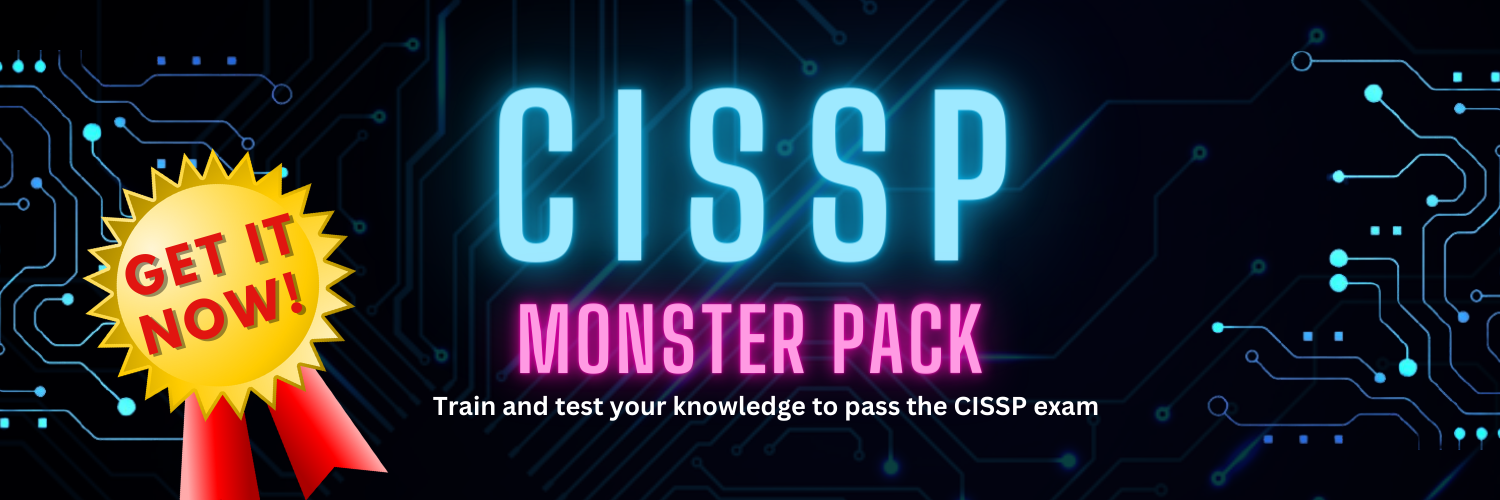Sitting on the CISO chair is similar to sitting on the throne made of swords in Game Of Thrones. It is meant to be uncomfortable.
You are the ruler of the “realm”, but if you get too comfortable, you will get hurt.

While the specific qualities of a successful CISO may vary from organization to organization, there are several key characteristics that all CISOs should possess. These qualities enable them to perform their roles and effectively protect their organization’s data and systems.
1. Exceptional planning skills

The CISO will need financial, planning, and strategic management skills to ensure all requirements are in place to ensure the company is safe from current and emerging threats.
As the head of an organization’s information security program, the CISO is responsible for developing and implementing a comprehensive plan to protect the organization’s sensitive data and systems from cyber threats.
This requires the ability to anticipate potential security risks and develop strategies to mitigate them, as well as the ability to organize and prioritize tasks in order to effectively implement security measures.
The CISO must also be able to adapt to changing security landscapes and adjust the organization’s security plan accordingly.
2. Communication and interpersonal skills

A CISO should possess strong communication and interpersonal skills. Because the CISO is responsible for overseeing an organization’s information security program, it is important that they are able to effectively communicate security policies and procedures to employees at all levels of the organization. This may involve presenting to large groups, as well as one-on-one meetings with employees to discuss specific security issues.
In addition to communication with employees, the CISO must also be able to effectively communicate with other stakeholders, such as board members, executives, and external partners. This may involve presenting complex technical information in a clear and concise manner, as well as negotiating and collaborating with other stakeholders to ensure that the organization’s security needs are met.
Overall, strong communication and interpersonal skills are essential for a CISO to be able to effectively manage the organization’s information security program and ensure the security of sensitive data and systems.
3. Leadership qualities of a CISO
Picking the right team

One of the key responsibilities of a chief information security officer (CISO) is to ensure that the organization has the right teams in place to effectively manage and protect its sensitive data and systems. This involves recruiting and hiring skilled security personnel, as well as organizing and managing the security team to ensure that they have the resources and support they need to do their jobs effectively.
When picking teams, the CISO should consider a variety of factors, such as the individual team members’ skills and experience, their ability to work well with others, and their overall fit with the organization’s culture and goals. It is also important for the CISO to provide ongoing training and development opportunities to ensure that the security team stays up-to-date on the latest security threats and technologies.
Ultimately, the success of an organization’s information security program depends on having the right teams in place. By carefully selecting and managing the security team, the CISO can ensure that the organization has the resources and expertise it needs to protect against cyber threats.
Eliminating micro-management

As the head of an organization’s information security program, the CISO is responsible for ensuring that the security team has the resources and support they need to do their jobs effectively. However, it is important for the CISO to avoid micromanaging the security team, as this can lead to reduced morale, decreased productivity, and decreased creativity.
Instead of micromanaging, the CISO should focus on providing the security team with clear goals and expectations, as well as the tools and resources they need to achieve those goals. This may involve setting up processes and systems to support the security team, as well as providing ongoing training and development opportunities to help them stay up-to-date on the latest security threats and technologies.
In addition, the CISO should foster a culture of collaboration and communication within the security team, encouraging team members to share ideas and work together to solve problems. By providing support and resources, and creating a positive work environment, the CISO can help the security team to be more effective and productive, without resorting to micromanagement.
4. Engage with business decision-makers effectively

To engage effectively with business decision-makers, the CISO should first establish clear lines of communication and build strong relationships with key stakeholders. This may involve regular meetings and updates with executives, board members, and other decision-makers to keep them informed of the organization’s security posture and any potential risks or threats.
He/She should be prepared to provide clear, concise information about the potential risks and benefits of different security measures, as well as the costs and potential return on investment of implementing those measures. By presenting this information in a way that is relevant and easily understandable to business decision-makers, the CISO can help ensure that security considerations are taken into account in decision-making processes.
Overall, effective engagement with business decision-makers is essential for the CISO to ensure that the organization’s security needs are properly considered and addressed.
5. A CISO With Technical knowledge

CISOs must have a strong technical background and understand how technology is used to protect data, networks, and systems. They should also be familiar with current threats and vulnerabilities, as this will allow them to design and implement an effective and up-to-date security infrastructure.
This experience can be gained by working in different industries, security tools, and platforms, and participating in risk management forums.
Technical knowledge is one of the top qualities of a successful CISO, which few actually possess. Technically knowledgeable CISOs can become more familiar with the types of risks their organization faces, and they can develop a risk management strategy that meets their organization’s specific needs.
Having technical knowledge of cybersecurity also allows the CISO to effectively communicate with the organization’s security team and other technical stakeholders. This may involve discussing complex technical information and providing guidance on the implementation of security measures.
A CISO with technical knowledge of cybersecurity is better able to evaluate the effectiveness of the organization’s security program and make informed decisions about how to improve it. This may involve staying up-to-date on the latest security technologies and trends, as well as conducting regular security audits and assessments.
Dimitris is an Information Technology and Cybersecurity professional with more than 20 years of experience in designing, building and maintaining efficient and secure IT infrastructures.
Among others, he is a certified: CISSP, CISA, CISM, ITIL, COBIT and PRINCE2, but his wide set of knowledge and technical management capabilities go beyond these certifications. He likes acquiring new skills on penetration testing, cloud technologies, virtualization, network security, IoT and many more.






